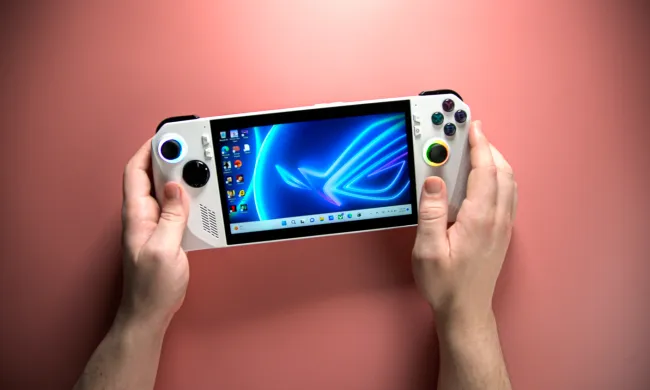
Build 14291 is currently rolling out to users in the fast ring of the Insider program, and offers up three extensions to be tested, according to a report from WinBeta. Leading the pack is Microsoft Translator, a handy tool that can automatically translate pages using a library of over 50 different languages.
There’s also a Mouse Gestures extension that adds some extra control options for browsing the Web. Rounding out this initial trio is a version of the Reddit Enhancement Suite, a selection of tweaks that make browsing threads on the hugely popular site a little more palatable.
To gain access to these extensions once you’ve updated to Build 14291, click the More button in the top-right corner of the Edge UI and click Extensions. From there, you should be able to select Get Extensions to gain access to the three test subjects that are currently available.
The addition of support for extensions may well be a game changer for the scores of users who have been holding off putting Edge through its paces. Microsoft notes that this is just the beginning for this functionality, with popular extensions from partners including Evernote, Lastpass, and Adblock Plus set to be made available later this year.
Build 14291 also gives users the ability to pin tabs in Edge, among other improvements to the app. The update also adds new features and UI refinements to Maps, polishes the Alarms & Clock app, adds some new methods of Japanese text input, and streamlines the Insider Hub and Windows Feedback apps into the Feedback Hub.


